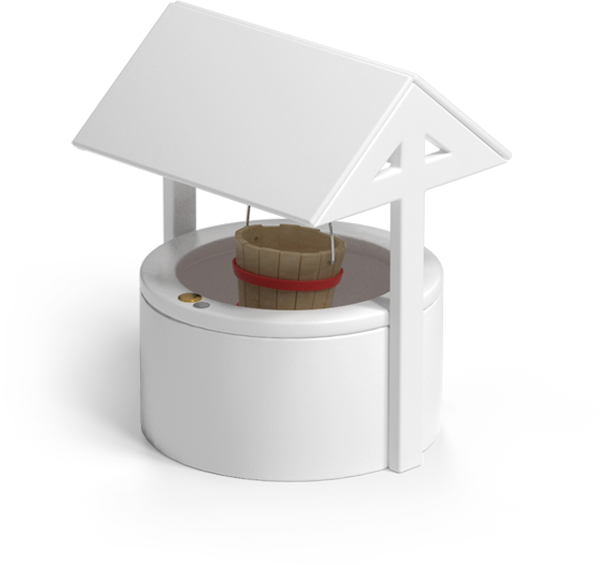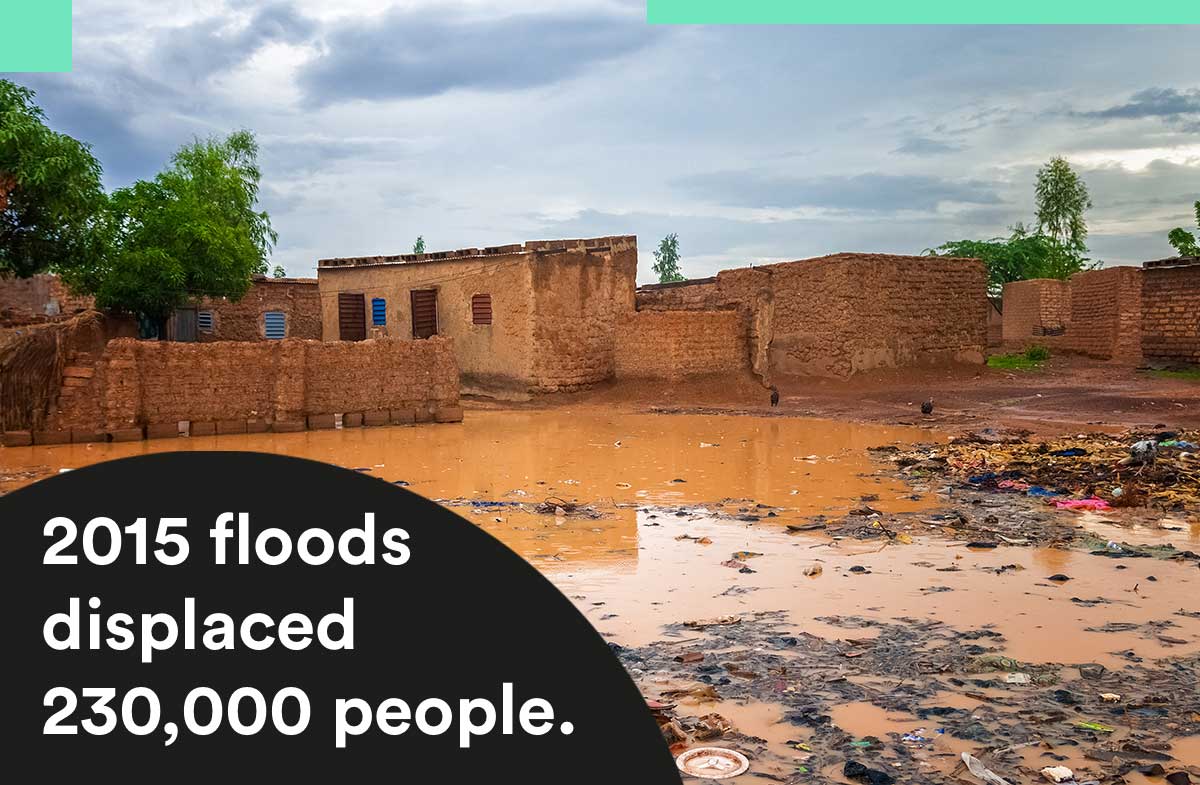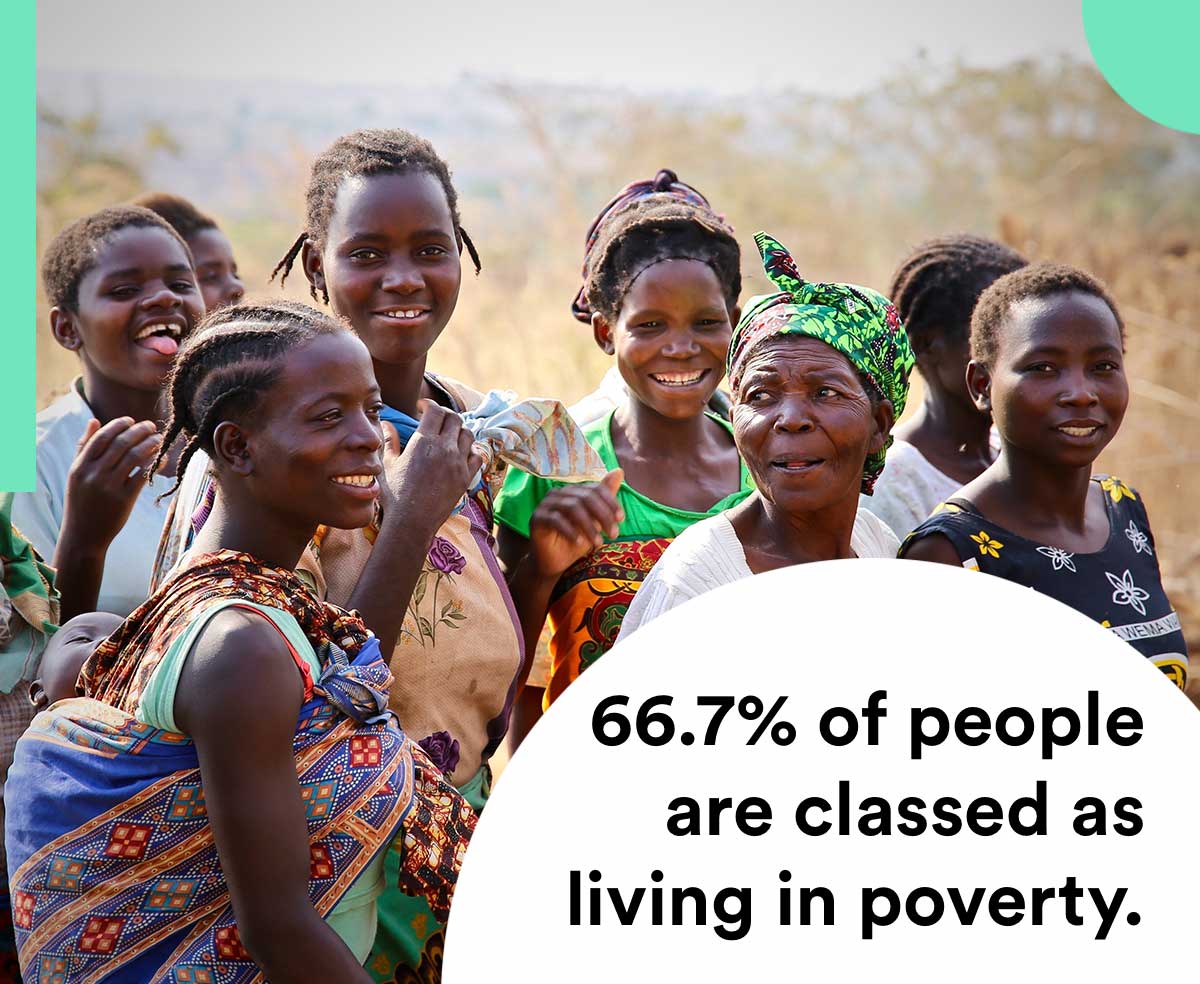Why We Should Contribute To Housing In Malawi
With the launch of Causes on the UOWN platform, we take a look at why we should contribute to housing in Malawi.
By Shaan Ahmed6/12/20

It is true that an individual can rarely affect something with one act that is world-changing, but then it depends what you consider to be your ‘world’. An individual can certainly affect something that is life-changing for another individual, and in many cases that can change ‘their world’. In Malawi there is an opportunity to change the lives of many people, and we have the power to do it.
Malawi is a land-locked country in the south-eastern region of South Africa, it is a predominantly rural country with an estimated population of 16 million people. A huge lake called ‘Lake Malawi’ runs almost the whole length of the country and accounts for one third of the total area of 118,484 Km2. Apart from the lake, however, the land is largely barren and sparse, and despite this, the country relies heavily on an economy based on agriculture.
But that economy is failing and Malawi is currently considered to be one of the least developed countries in the world. 66.7% of the current population are classed as living in poverty. Indeed, in the rural areas of the country in the south, where the population is most densely-packed, that poverty figure rises to 68.4%. Four out of five families live in sub-standard housing, there is a high infant mortality rate, around 57% of the population are illiterate and only 10% of children attend secondary school. The country ranks 178th out of 188 countries in the UN’s HDI ranking; an index of life expectancy, education and per capita income indicators. It is used to rank the countries into tiers of human development, and clearly, Malawi’s position is not unjustified.
All this, however, is set against a background of Malawi as a country rich in scenic splendour; a paradise full of adventure, a beautiful country with beautiful people, who greet you with the warmest of smiles and the kindest of hearts. And yet they live in conditions that a developed country like the UK left behind in medieval times.
A typical village will be inhabited by people living in huts made from mud bricks, with a dirt floor and a grass-thatched roof. In the cities, the homes aren’t much better. And everything is vulnerable; open to the elements and at risk of both infection and being washed away, literally. We know this because it has happened.
The socio-economic factors that see Malawi in poverty.
So why does Malawi find itself in this position, where people live in abject poverty and will never be able to afford a decent home? It’s largely an escalation of contributing factors that are not unique to Malawi, but also are not helped by inherent features of the country that it can do little about.
Malawi’s key institutions are under-developed, there is low human capital investment, the exports of the country are undiversified and there are few natural resources that are likely to change this. The exports they do have are reliant on climactic conditions that often don’t materialise, add to that the fact that the country is not located well for access to prosperous markets either, and you begin to understand why there is a huge Government debt.
It all adds up to a situation where it seems there is little hope, and then you factor in climate change.
Flooding and droughts are not unusual in Malawi, but in January 2015 the country was hit by severe floods affecting over 1.1 million people in 15 districts across the country. 230,000 people were displaced into makeshift camps, and with the country’s infrastructure in ruins, this way of life becomes the norm and there appears to be little escape. As well as homes being washed away, farms were destroyed and animals swept away too. Literally anything a family owned or relied upon, or which carried any hope of providing an income, disappeared before their very eyes.
In the worst affected areas – the Blantyre and Chikwawa districts in the south – 2.87 million people ended up requiring food aid, and in many cases a sense of normality has never been restored.
What is being done to help Malawi?
It’s against this background that we have to ask ourselves whether we have the means to help in any way we can, and few of us can genuinely say we haven’t. Thankfully, there are already schemes underway to bring some order to the chaos in Malawi.
Islamic Relief is a UK-registered charity that has had a presence in Malawi since 2006. They are in the process of implementing lasting projects that will bring positive, long term change to a country torn apart by a succession of debilitating factors it can do nothing about.
The first project is the ‘Shelter For Vulnerable Flood Affected Families’. This aims to provide adequate shelter for those families most affected by the floods and high winds, and as a bare minimum this is to safeguard human dignity and sustain family and community life. The project started in February 2018 with the aim of raising £1.5million to construct 250 permanent homes and house 1250 people. There would also be indirect beneficiaries in the region in terms of local people gaining employment, where possible, and the local infrastructure being improved so all people have access to an adequate clean water supply.

In planning the scheme Islamic Relief have carefully studied the demographic spread of the area in terms of age and gender, and where possible they aim to house families that have a female head of the household, particularly where these women and children need shelter and protection from abuse and violence. There are also families caring for and living with people with disabilities who will be prioritised.
Make no mistake, these houses are not lavish. They are simple, one-storey buildings with three rooms to house a family of five and just a ‘khonde’ by way of luxury; a porch and patio. They aren’t surrounded by greenery or local amenities. Indeed, another aspect of the scheme is to re-plant trees that have been destroyed by environmental degradation, which has contributed to the homes and families having no protection from the elements. Islamic Relief are also working on Community Disaster Risk Reduction Plans, so that local people are at least better prepared, should the worst happen again.

How you can help Malawi.
It is within our capabilities to contribute and make sure these things happen. From our world this is very much a different world. But we can do something to make that world a much better place and change the lives instantly for these people who have done nothing to deserve the upset, discomfort, indignity and distress under which they are living. UOWN are starting a drive to fund the building of five of the 250 homes in this scheme, and you can help to make that happen with the community of investors using the UOWN platform.
Making lasting changes is a journey, and this is just the start, but working with UOWN and Islamic Relief, you can join us on the journey. And that journey will end up with us helping to change the world, and that sounds pretty good.
Click here to contribute.
Take a look at our other articles




